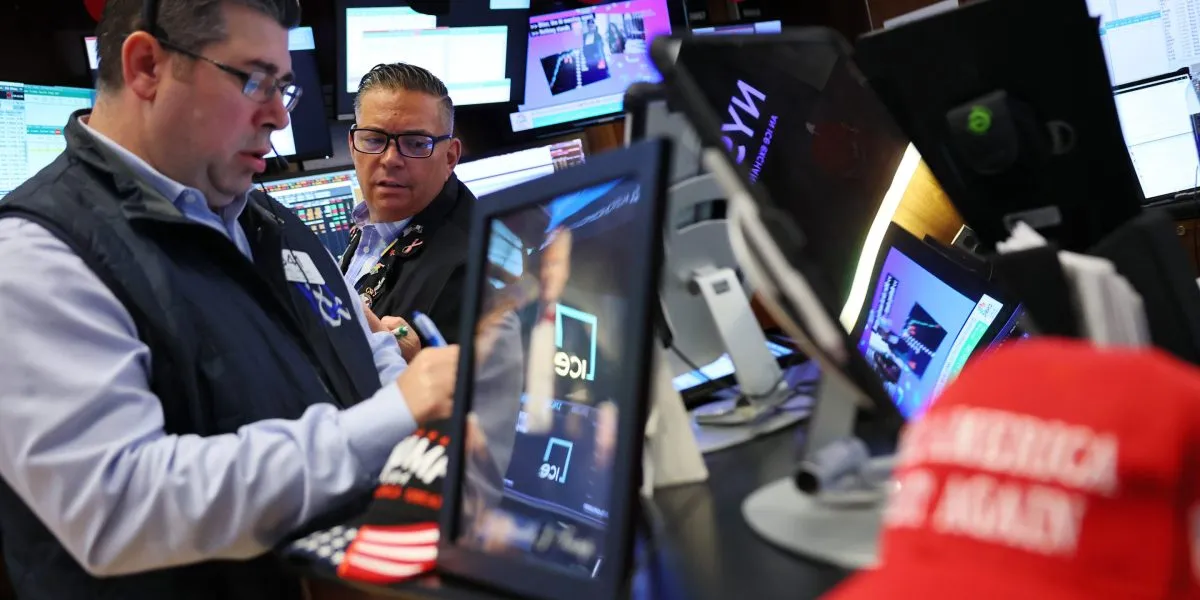
In recent years, the global economy has faced a multitude of challenges that have significantly influenced various sectors. From inflation rates to employment statistics, each factor plays a crucial role in shaping the business landscape. This article will delve into these economic trends and their implications for both consumers and businesses, providing insights into how to navigate this complex environment.
One of the most pressing issues in the current economic climate is the rise of inflation. As prices soar across essential goods and services, consumers are feeling the pinch in their wallets. Inflation affects purchasing power and alters spending habits, prompting many to reconsider their financial strategies. Businesses must adapt to these changes by managing costs effectively and exploring ways to maintain customer loyalty without sacrificing quality.
The labor market has also undergone significant transformations. With remote work becoming more prevalent, companies are reevaluating their hiring practices. The demand for skilled workers is at an all-time high, leading to a competitive job market. This shift not only impacts employment rates but also influences wage growth. For businesses, attracting top talent requires innovative approaches to recruitment and employee engagement.
As consumers navigate these economic challenges, their behavior is evolving. Many are prioritizing value and sustainability in their purchasing decisions. This trend presents businesses with an opportunity to align their products and services with consumer values, fostering brand loyalty. Understanding these shifts is essential for companies looking to thrive in a competitive landscape.
In light of these economic trends, businesses must adopt proactive strategies to ensure growth and sustainability. This includes investing in technology to enhance efficiency, diversifying product offerings, and focusing on customer experience. By leveraging data analytics, companies can gain valuable insights into market trends and consumer preferences, enabling them to make informed decisions that drive success.
The current economic landscape is marked by uncertainty, but by understanding the key trends such as inflation, employment shifts, and changing consumer behavior, businesses can better prepare for the future. Adapting to these changes will not only help companies survive but also thrive in an ever-evolving market. As we look ahead, staying informed and agile will be crucial for navigating the complexities of the economy.